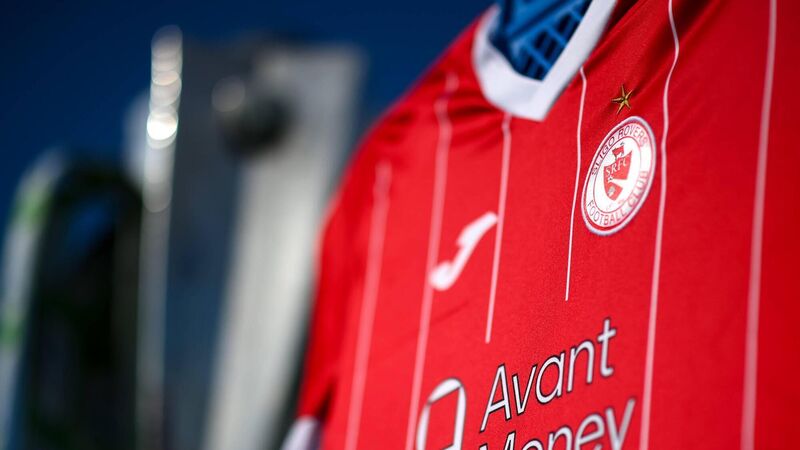Michael Moynihan: Sligo Rovers should be applauded for stance on betting sponsorship

A detailed view of the Sligo Rovers jersey ahead of the start of the 2021 SSE Airtricity League Premier Division season. Picture: Stephen McCarthy/Sportsfile
Last week in these pages John Riordan gave an insight into the sports gambling scene in the US as the Super Bowl approached.
This is fascinating, the American attitude to gambling on sport, because it sometimes seems to be some distance behind our own. A sweeping generalisation, yes, but the breezy incorporation of odds and prop bets in some sports coverage still jars: on this side of the Atlantic there’s at least the acceptance that gambling is inherently problematic.









